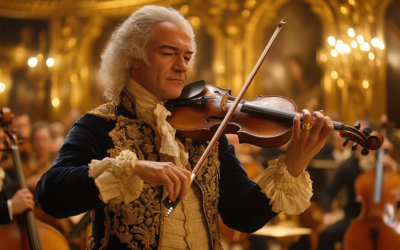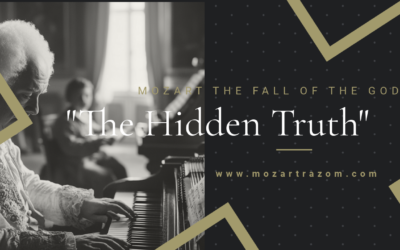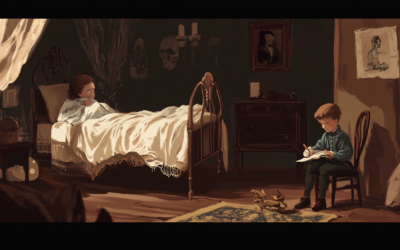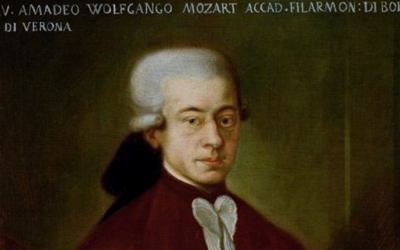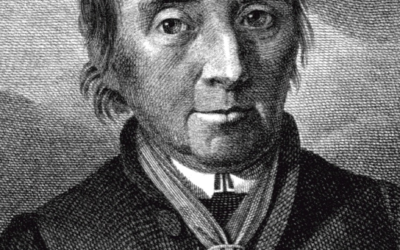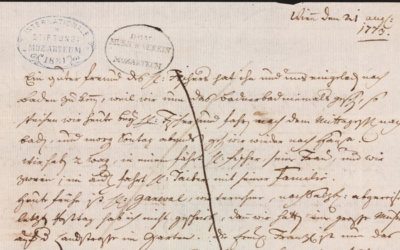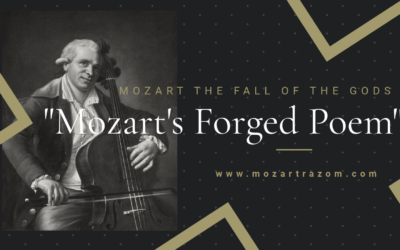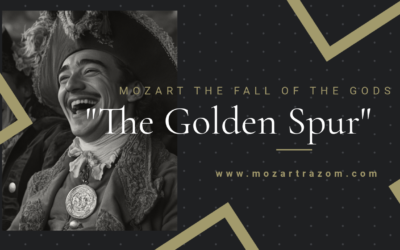Our Journal
Exploring the Evidence
The Violin Concertos: Mozart’s Borrowed Genius
Mozart’s violin concertos are often celebrated as masterpieces, but how much of the music is truly his? This article delves into the complexities behind the compositions and challenges the authenticity of some of his most famous works, revealing a story of influence, imitation, and misattribution.
#2 The Hidden Truth of Mozart’s Education
In this video, we uncover the hidden truth behind Wolfgang Amadeus Mozart’s early education and challenge the long-held belief in his effortless genius. While history often celebrates Mozart as a child prodigy, effortlessly composing music from a young age, the reality is far more complex.
The London Notebook
The London Notebook exposes the limitations of young Mozart’s compositional skills and questions the myth of his early genius. His simplistic pieces, fraught with errors, reveal a child still grappling with fundamental musical concepts.
The Mozart Question
In this revealing interview, we delve into the lesser-known aspects of Wolfgang Amadeus Mozart’s life, challenging the long-standing myth of his genius. A Swedish journalist explores how Mozart’s legacy has been shaped and manipulated over time, shedding light on the crucial role played by his father, Leopold, in crafting the career of the famed composer.
Georg Nissen and the Missing Notebooks
After Mozart's death, his widow, Constanze, found a steadfast partner in Georg Nikolaus von Nissen, a Danish diplomat who dedicated his life to preserving the composer's legacy. Nissen not only compiled an extensive biography of Mozart but also uncovered and...
Letters Under Surveillance
In a world without privacy, Leopold Mozart’s letters were carefully crafted not just to inform but to manipulate perceptions. His correspondence reveals a calculated effort to elevate his family’s status while avoiding any mention of failure or controversy.
#3 Leopold Mozart’s Literary Theft
Hidden within the Mozarteum’s archives lies a poem that has long been hailed as a tribute to the young Mozart children. But behind this innocent façade is a story of deception, literary theft, and one father’s ambition to rewrite history.
#4 The Golden Spur
While often portrayed as a prestigious award, the Golden Spur (Speron d’Oro) granted to Mozart in 1770 was far from a reflection of his musical genius. In this article, we delve into the true story behind this now-forgotten honour, its loss of value, and the role of Leopold Mozart’s ambitions in securing it.
Mozart Unmasked: The Untold Story of His Italian Years
Explore the lesser-known side of Wolfgang Amadé Mozart’s early years in Italy. ‘Mozart in Italy’ unveils the complexities, controversies, and hidden truths behind his formative experiences, guided by meticulous research and rare historical documents. Delve into a story that challenges the traditional narrative and offers a fresh perspective on one of history’s most enigmatic composers.

